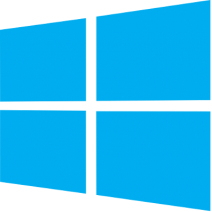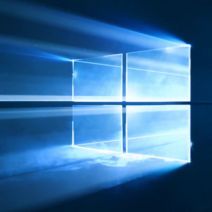 Windows 10, the latest operating system in Microsoft’s repertoire, has several business-friendly features that can potentially improve your organization’s workflow. However, many users are reporting that Windows 10 is installing on their devices automatically without their consent. If this is true, and your organization’s software is upgraded without your consent, you could be facing a big issue.
Windows 10, the latest operating system in Microsoft’s repertoire, has several business-friendly features that can potentially improve your organization’s workflow. However, many users are reporting that Windows 10 is installing on their devices automatically without their consent. If this is true, and your organization’s software is upgraded without your consent, you could be facing a big issue.
Britek Solutions Blog
 Internet-users rejoice all over the world, for just last week, Internet Explorer 8, 9, and 10, will no longer be supported by Microsoft. That’s right; no more patches or security updates for good old IE. This makes continuing to use older versions of Windows a cause for concern. Perhaps this is for the best, but in light of this news, users of IE will want to either update to IE 11, or switch to a new browser.
Internet-users rejoice all over the world, for just last week, Internet Explorer 8, 9, and 10, will no longer be supported by Microsoft. That’s right; no more patches or security updates for good old IE. This makes continuing to use older versions of Windows a cause for concern. Perhaps this is for the best, but in light of this news, users of IE will want to either update to IE 11, or switch to a new browser.
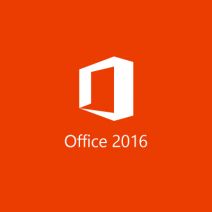 Just months after releasing their newest operating system, Windows 10, Microsoft is now updating the world’s most popular productivity software. Office 2016 makes several improvements over the Office 2013 versions of Word, Excel, PowerPoint, and the other applications that businesses from all over the world rely on to stay productive. The software, which focuses on making productivity and cooperation possible, has gotten a substantial upgrade in collaborative features.
Just months after releasing their newest operating system, Windows 10, Microsoft is now updating the world’s most popular productivity software. Office 2016 makes several improvements over the Office 2013 versions of Word, Excel, PowerPoint, and the other applications that businesses from all over the world rely on to stay productive. The software, which focuses on making productivity and cooperation possible, has gotten a substantial upgrade in collaborative features.
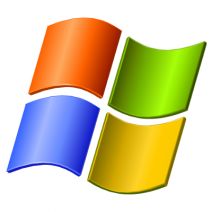 With Windows 10 to be launched on July 29th, all thoughts are drifting toward the inevitable upgrade to Microsoft’s brand-new operating system. However, we’d like to take a moment to travel back in time to last spring, when Windows XP expired. Remember how we warned that your business would need to shell out big bucks for custom support if you want to keep running Windows XP? It turns out that there are some who just can’t let go of the expired OS; including the US Navy.
With Windows 10 to be launched on July 29th, all thoughts are drifting toward the inevitable upgrade to Microsoft’s brand-new operating system. However, we’d like to take a moment to travel back in time to last spring, when Windows XP expired. Remember how we warned that your business would need to shell out big bucks for custom support if you want to keep running Windows XP? It turns out that there are some who just can’t let go of the expired OS; including the US Navy.
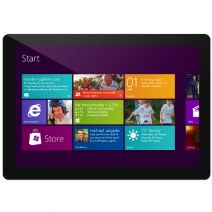 Smartphones and tablets are the new norm. Most professionals have begun to utilize mobile devices to accomplish tasks when they are away from their work PC. Not to say that these devices offer all that much in the way of productivity. Sure, there are plenty of software titles either ported over from the PC or developed directly for the mobile environment, but sometimes these titles don’t offer the functionality, or they take up too many of the device’s resources to be of much use. With these variables to consider, manufacturers are searching for the best way to deliver devices with enhanced productivity capabilities, right out of the box. One of these manufacturers is Microsoft.
Smartphones and tablets are the new norm. Most professionals have begun to utilize mobile devices to accomplish tasks when they are away from their work PC. Not to say that these devices offer all that much in the way of productivity. Sure, there are plenty of software titles either ported over from the PC or developed directly for the mobile environment, but sometimes these titles don’t offer the functionality, or they take up too many of the device’s resources to be of much use. With these variables to consider, manufacturers are searching for the best way to deliver devices with enhanced productivity capabilities, right out of the box. One of these manufacturers is Microsoft.
 Technology has come a long way since 2003. It seems like just yesterday that Microsoft dropped support for Windows XP, and in just a few short months, they’ll be dropping support for Windows Server 2003, as well. If your business is one of the many still utilizing this server operating system, you’ll want to make sure that you upgrade away from it before July 14th, 2015. Otherwise, you’ll be running without security patches or updates.
Technology has come a long way since 2003. It seems like just yesterday that Microsoft dropped support for Windows XP, and in just a few short months, they’ll be dropping support for Windows Server 2003, as well. If your business is one of the many still utilizing this server operating system, you’ll want to make sure that you upgrade away from it before July 14th, 2015. Otherwise, you’ll be running without security patches or updates.
 Technology is getting more powerful, but have you considered where all of that power comes from? Not many people actually take the time to understand how much energy their PC or workstation is using, but this could potentially be increasing your operating costs higher than they need to. Try taking the time to calculate your PC’s energy usage to get a feel for what your workstation is costing your business and the environment.
Technology is getting more powerful, but have you considered where all of that power comes from? Not many people actually take the time to understand how much energy their PC or workstation is using, but this could potentially be increasing your operating costs higher than they need to. Try taking the time to calculate your PC’s energy usage to get a feel for what your workstation is costing your business and the environment.
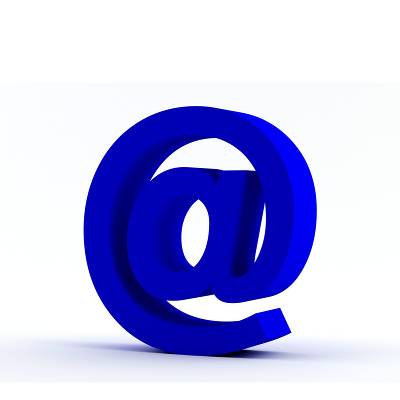 While email offers several great benefits to those willing to deal with it, the most popular method of communicating in the office has its flaws. One of the most crippling is spam, which can ruin your inbox and your productivity. The unfortunate truth is that even the most diligent workers get hit with spam, but that doesn’t mean that your business’s productivity needs to suffer from it.
While email offers several great benefits to those willing to deal with it, the most popular method of communicating in the office has its flaws. One of the most crippling is spam, which can ruin your inbox and your productivity. The unfortunate truth is that even the most diligent workers get hit with spam, but that doesn’t mean that your business’s productivity needs to suffer from it.
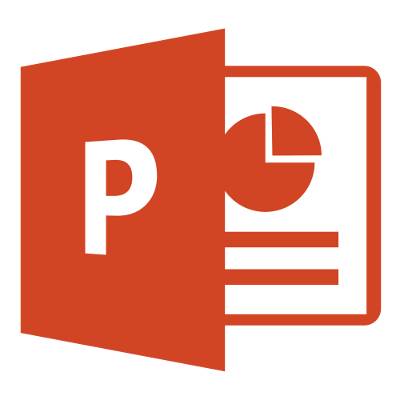 One would assume that being an officer in the military would require the ferociousness of a warrior and the mental fortitude to make split-second life-saving decisions on the battlefield. Surprisingly, in today’s modern military, there’s one skill that’s valued above the ability to fight: Microsoft PowerPoint proficiency.
One would assume that being an officer in the military would require the ferociousness of a warrior and the mental fortitude to make split-second life-saving decisions on the battlefield. Surprisingly, in today’s modern military, there’s one skill that’s valued above the ability to fight: Microsoft PowerPoint proficiency.
 All operating systems change over time, and upgrades are eventually made available. But in light of Windows 10, Windows Threshold, or whatever their new OS’s final incarnation is going to be called, one has to wonder if Microsoft has ever considered free upgrades to the Windows operating system family tree.
All operating systems change over time, and upgrades are eventually made available. But in light of Windows 10, Windows Threshold, or whatever their new OS’s final incarnation is going to be called, one has to wonder if Microsoft has ever considered free upgrades to the Windows operating system family tree.
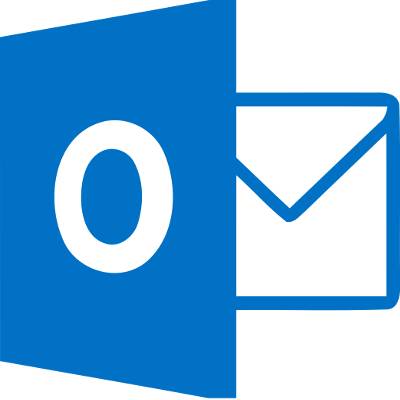 Microsoft Outlook is a great tool for the everyday businessman, but it can be tricky to use sometimes. Just like Microsoft Word, there are several shortcuts that you can utilize to boost your productivity and reduce the amount of time you spend fumbling around the variety of different options available to you.
Microsoft Outlook is a great tool for the everyday businessman, but it can be tricky to use sometimes. Just like Microsoft Word, there are several shortcuts that you can utilize to boost your productivity and reduce the amount of time you spend fumbling around the variety of different options available to you.
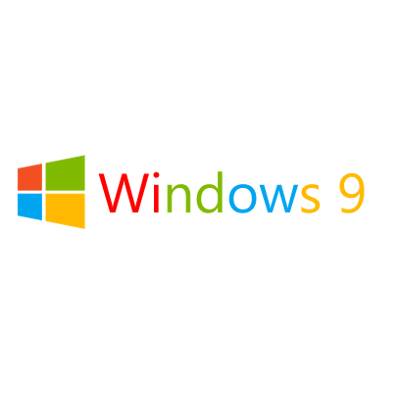 Well, now that we've got your attention, it's a good time to mention that leaked photos and a video of what may be Windows 9, currently called Threshold, have been leaked to the web. As the next entry in the Windows family of operating systems, it has been highly anticipated since the return of a Start menu was displayed in April 2014. Microsoft has a lot of ground to cover after Windows 8, but will Windows 9/Threshold deliver?
Well, now that we've got your attention, it's a good time to mention that leaked photos and a video of what may be Windows 9, currently called Threshold, have been leaked to the web. As the next entry in the Windows family of operating systems, it has been highly anticipated since the return of a Start menu was displayed in April 2014. Microsoft has a lot of ground to cover after Windows 8, but will Windows 9/Threshold deliver?
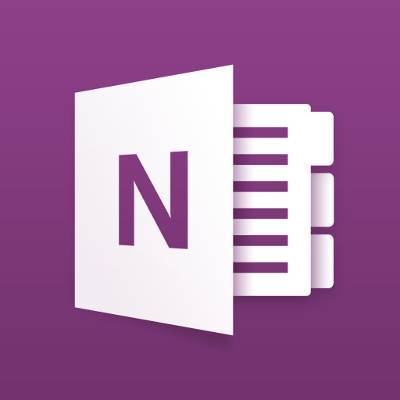 Taking notes is a pain, and we all know that. One of the biggest problems with taking notes is that your team might store them all in different places. Before you know it, you have no idea where anything is or what has been done. Microsoft's OneNote on OneDrive changes that, providing a collaborative cloud-based solution for note taking.
Taking notes is a pain, and we all know that. One of the biggest problems with taking notes is that your team might store them all in different places. Before you know it, you have no idea where anything is or what has been done. Microsoft's OneNote on OneDrive changes that, providing a collaborative cloud-based solution for note taking.

